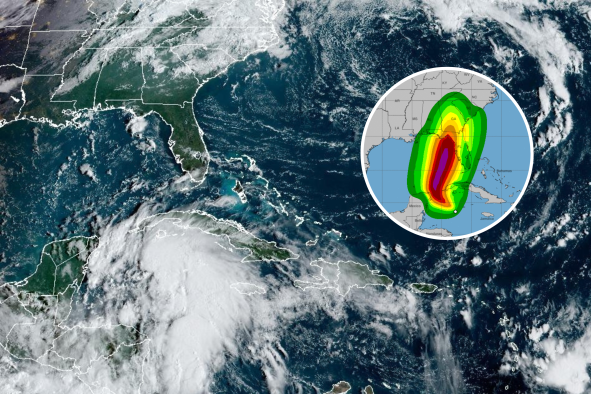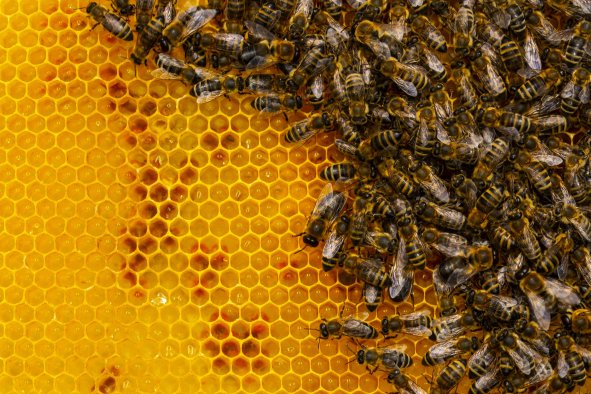Scientists are calling for stronger regulations on the way that food is processed, packaged and cooked, after a study found that materials used in the food industry may expose the general population to 189 cancer-causing chemicals.
"This study is important because it shows that there is a huge opportunity for prevention of human exposure to breast cancer-causing chemicals," said co-author Jane Muncke, managing director of the Food Packaging Forum (FPF), Switzerland, in a statement.
This study focused on mammary carcinogens, meaning chemicals that are believed to increase the risk of breast cancer.
In the U.S., regulations have existed against such chemicals since 1958, but a 2022 report by the Government Accountability Office concluded that the Food and Drug Administration should do more to regulate substances that come into contact with food, and to evaluate the safety of materials used in processing and packaging.
Despite current laws, this study by the FPF found that chronic exposure to breast carcinogens is the global norm, because these chemicals transfer from materials used to package and process products, into the food itself.
"The potential for cancer prevention by reducing hazardous chemicals in your daily life is underexplored and deserves much more attention," said Muncke.
To make this discovery, scientists used a list of 921 substances that were identified by scientists at the Silent Spring Institute, in Massachusetts, as potential breast carcinogens.
They compared this information with a database created by the FPF—called FCCmigex—on chemicals that could transfer from materials used in the food industry, to food.
"Identifying the presence of these hazardous chemicals in food contact materials was possible thanks to our FCCmigex database," said lead author Lindsey Parkinson, data scientist and scientific editor at the FPF, in a statement.
"This resource brings valuable information from thousands of published scientific studies on chemicals in food contact materials together into a single and easily explorable place."
The study authors found that 189 potential breast carcinogens—which could leak into food—had been detected in materials that were commonly used in food processing and packaging: 21 percent of the Silent Spring Institute's total list.
Of these chemicals, 143 could come from plastic and 89 from paper or cardboard: 76 and 47 percent respectively.
Then, the scientists limited their research further, only looking at data from 2020 to 2022 that used experiments to mimic real conditions, to understand how chemicals might move from materials to food.
With this pool of data, they found evidence that people all over the world might be regularly exposed to 76 different breast carcinogens from food-production materials, 80 percent of which came from plastic.
The scientists concluded that current regulations—even where they are relatively stringent, such as in the U.S. and European Union—are not enough to protect people from being exposed to cancer-causing chemicals in their food.
The near 200 chemicals that were identified as potentially causing cancer used in the processing and packaging of food were linked to the disease for different reasons.
For 30 of them, studies on rodents provided direct evidence that they could cause cancer, and another 67 are suspected to cause cancer by damaging DNA or chromosomes.
The rest—92 of them—are believed to be endocrine disrupters, meaning they interfere with the body's hormones, and may cause cancer that way.
Do you have a tip on a food story that Newsweek should be covering? Is there a food-safety concern that's worrying you? Let us know via science@newsweek.com. We can ask experts for advice, and your story could be featured in Newsweek.
Reference
Parkinson, L. V., Geueke, B., Muncke, J. (2024). Potential mammary carcinogens used in food contact articles: implications for policy, enforcement, and prevention, Frontiers in Toxicology 6. https://doi.org/10.3389/ftox.2024.1440331
Disclaimer: The copyright of this article belongs to the original author. Reposting this article is solely for the purpose of information dissemination and does not constitute any investment advice. If there is any infringement, please contact us immediately. We will make corrections or deletions as necessary. Thank you.



